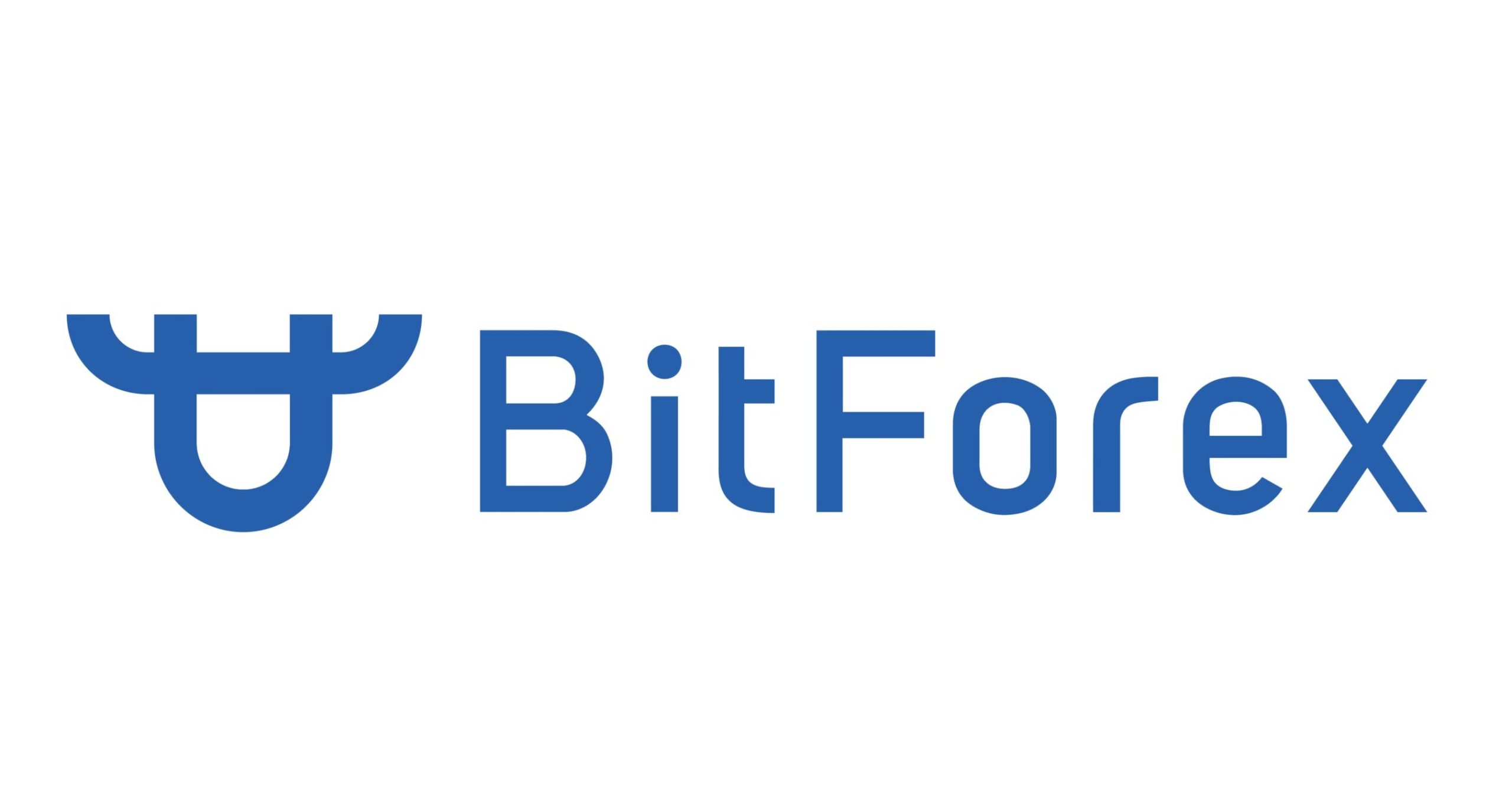Introduction
The blockchain world, with its ever-evolving technologies and innovations, relies heavily on smart contracts. These self-executing contracts are at the heart of decentralized applications, automating processes and transactions. However, smart contracts are not immune to vulnerabilities. In 2023, it is crucial to explore these vulnerabilities and their solutions by drawing insights from platforms like Arborswap and Roburna, which have shown exemplary dedication to security.

Understanding Smart Contract Vulnerabilities
Before diving into the solutions, it is essential to understand the common smart contract vulnerabilities:
- Reentrancy Attacks: These attacks occur when malicious contracts repeatedly call other contracts, potentially compromising the state of the contract and leading to fund loss.
- Unchecked External Calls: Interactions with external contracts without adequate checks can result in vulnerabilities, leading to unintended fund transfers or disrupted contract functionality.
- Integer Overflow/Underflow: Poorly managed arithmetic operations can lead to unexpected results, potentially allowing attackers to manipulate token balances or mint new tokens.
- Access Control Issues: Flawed access control mechanisms may grant unauthorized parties control over critical functions, posing significant security risks.
- Front-Running: Front-running exploits timing differences in transaction execution to gain an unfair advantage, such as prioritized access to profitable trades.
Lessons from Arborswap
Arborswap, a decentralized exchange (DEX) built on the Ethereum network, has taken proactive measures to address smart contract vulnerabilities:
- Formal Verification: Arborswap employs formal verification techniques to mathematically verify the correctness of its smart contracts, reducing the risk of critical vulnerabilities.
- Security Audits: Rigorous security audits, conducted by experienced third-party auditors, identify and address vulnerabilities before deployment.
- Community Involvement: The Arborswap community actively participates in identifying and addressing potential vulnerabilities, fostering a collaborative approach to security.
Lessons from Roburna
Roburna, a yield farming aggregator, also demonstrates a commitment to smart contract security:
- Code Standards: Roburna adheres to industry best practices and coding standards, ensuring that its smart contracts are designed with security in mind.
- Bug Bounties: The project incentivizes security researchers through bug bounty programs, encouraging the discovery and responsible disclosure of vulnerabilities.
- Upgradeable Contracts: Roburna utilizes upgradeable contract patterns, allowing for secure bug fixes and updates without compromising the platform’s integrity.
Solutions for a Secure 2023
Drawing from the experiences of platforms like Arborswap and Roburna, the blockchain community can implement the following solutions for a more secure 2023:
- Formal Verification: Embrace formal verification to mathematically prove the correctness of smart contracts, reducing the likelihood of critical vulnerabilities.
- Security Audits: Prioritize comprehensive security audits conducted by reputable third-party auditors to identify and rectify vulnerabilities.
- Community Engagement: Foster community involvement in security efforts, encouraging users and developers to collaborate in identifying and addressing potential vulnerabilities.
- Code Standards: Adhere to established coding standards and best practices to design smart contracts with security at the forefront.
- Bug Bounty Programs: Implement bug bounty programs to incentivize security researchers and promote responsible disclosure of vulnerabilities.
- Upgradeable Contracts: Utilize upgradeable contract patterns to enable secure bug fixes and updates while maintaining platform security.
- Education: Continue educating developers and users about smart contract security best practices to create a more security-conscious blockchain ecosystem.
Conclusion
Smart contract vulnerabilities are an ever-present challenge in the blockchain landscape. By learning from platforms like Arborswap and Roburna, which have exemplified dedication to security through formal verification, security audits, community involvement, and adherence to coding standards, the blockchain community can chart a path to a more secure 2023. As the industry continues to evolve, these solutions will play a pivotal role in safeguarding decentralized applications and smart contracts, ensuring a safer and more prosperous blockchain ecosystem.
Personal Note From MEXC Team
Check out our MEXC trading page and find out what we have to offer! There are also a ton of interesting articles to get you up to speed with the crypto world. Lastly, join our MEXC Creators project and share your opinion about everything crypto! Happy trading! Learn about interoperability now!
Join MEXC and Get up to $10,000 Bonus!
Sign Up


